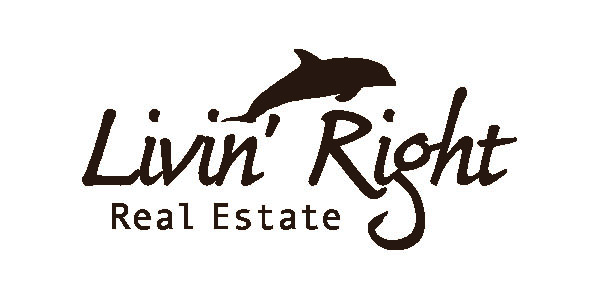Tax Breaks Available For Home Renovation Costs
Under certain conditions, the cost for a home improvement project may be tax deductible, such as repairs to a home office or certain energy-efficient upgrades.
NEW YORK – The home improvement industry is booming as owners across the country spend about $425 billion a year on everything from new roofs to redone kitchens.
Aside from the enjoyment of a renovated house, some owners may also qualify for a tax break.
And that’s a good thing since Americans are shelling out more than ever on home renovations. That $425 billion in spending represents a 53% jump from a decade ago, according to a March report from the Harvard Joint Center for Housing Studies. The increase has been partly driven by the aging of America’s housing stock, with owners upgrading their older homes, as well as more renovations on investment properties.
But knowing when and how to claim a tax benefit isn’t always easy. The biggest tax breaks are enjoyed by owners who work from home and can claim a home office deduction – as well as deductions for improvements to their offices or homes – and rental property owners, experts say.
Below are four ways homeowners can claim tax benefits for upgrades.
Home office repairs and renovations
Business owners who work from a dedicated home office – meaning it’s not used for any other purpose besides business – can deduct repairs made to their office in the year they are made. Bigger renovations, which affect the long-term value of the home, can be depreciated over time.
“You’ll have the most tax benefits if you have a home business,” says Jeff Tucker, an economist at Zillow. “Then, the cost of improvements you make to your home office is deductible.”
Christine Mancuso and Nick Crawford, who write novels under the pen name C.N. Crawford, say they are in the process of renovating an enclosed porch in their Burlington, Vermont, home to make it an office, a step that was partially prompted by their accountant, although they also needed more working space because of their two small children.
“My CPA always asks about it,” Crawford says. “We probably will try to claim a little this year.”
Capital improvements to your home
Regular homeowners, on the other hand, can’t deduct ordinary repairs, like a leaky faucet or broken light fixture. But renovations that are considered capital improvements – or upgrades that substantially add to the value of a home – may provide a longer-term tax benefit.
That’s because the expense of capital improvements is added to the cost basis of the purchase price of a home, notes Eric Bronnenkant, head of tax at financial services firm Betterment. For instance, a homeowner who bought a house for $200,000 and spends $50,000 on a kitchen renovation would boost their cost basis to $250,000.
That matters when you sell your house because it could lower your capital gains tax from the sale, although it will only affect homeowners whose homes have steeply risen in value.
“That may or may not be an issue depending on how much of a gain you have,” Bronnenkant says. “A married couple can exclude $500,000 of gains from a sale, and for a single person it’s $250,000.”
In other words, unless your profit is more than $500,000 for a married couple or $250,000 for a single homeowner, the step-up in cost basis won’t make an impact because anything smaller than that is exempt from capital gains taxes.
Energy-efficient upgrades
Homeowners may also get a tax break for energy-efficient upgrades through a number of programs, such as the federal Residential Renewable Energy Tax Credit. This credit amounts to 30% of the cost of alternative energy equipment, such as solar panels or a solar water heater, that is installed before the end of December 2019.
States and cities may also have their own tax incentives for homeowners who undertake energy-efficient upgrades or repairs.
Investment properties
Owners of investment properties can also get tax benefits for repairs and investments in their homes, experts say. For instance, necessary repairs to rental properties – like fixing a leak – are deductible in the year they occur.
Thanks to changes in the Tax Cuts and Jobs Act, some landlords may also be able to take bigger deductions for other upgrades, such as the costs of new furniture and equipment to gussy up a rental. That’s valuable for Airbnb landlords who want to boost their rental income by creating a more attractive rental, says Karen Campbell, the co-owner of 1ChicRetreat, which provides decorating services to vacation rental owners.
“We tell them, ‘Have you talked to an accountant? Do you know the benefits you get from this?’ You have to look at every single facet,” Campbell says. “You aren’t just running a house. Businesses take tax write-offs, and you should take a tax write-off.”
Copyright 2019, USATODAY.com, USA TODAY
